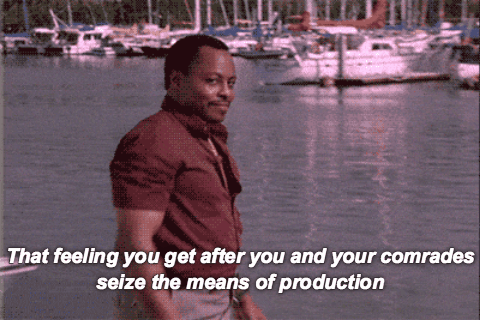


 ft.com
US tells allies China signalled openness to provide Russia with military support
ft.com
US tells allies China signalled openness to provide Russia with military support
Demetri Sevastopulo in Washington 31 minutes ago
4-5 minutes
State department informs diplomats in Europe and Asia that Beijing reacted positively to request
Jake Sullivan, US national security adviser, raised the issue during a meeting with Yang Jiechi, China’s top foreign policy official © AP
Receive free War in Ukraine updates
We’ll send you a
myFT Daily Digest email rounding up the latest War in Ukraine news every morning.
The US has told allies that China signalled its willingness to provide military assistance to Russia to support its invasion of Ukraine, according to officials familiar with American diplomatic cables on the exchange.
The cables, which were sent by the US state department to allies in Europe and Asia, were not specific about the level or the timing of any assistance that may be provided.
The
Financial Times reported on Sunday that Russia had made the request for assistance at some point after the start of the now three-week conflict.
The Russian request and Chinese response have sounded alarm bells in the White House. US officials believe China is trying to help Russia while its top officials publicly call for a diplomatic solution to the war.
The Chinese embassy in the US on Sunday said it had no knowledge of any Russian request or positive Chinese response to Moscow. Russia on Monday also denied making any request to China.
A senior US defence official declined to say if China had provided military support after Russia’s request, but said the Pentagon was watching the situation “very, very closely”.
“If China does choose to materially support Russia in this war, there will likely be consequences for China,” the defence official said.
The official added: “We have seen China basically give tacit approval to what Russia is doing by refusing to join sanctions, by blaming the west and the United States for assistance that we’re giving Ukraine [and] by claiming they wanted to see a peaceful outcome but essentially doing nothing to achieve it.”
Jake Sullivan, US national security adviser, discussed the request for military assistance in Rome on Monday in a meeting with Yang Jiechi, China’s top foreign policy official. The White House said Sullivan had raised a range of issues with Yang, including “substantial discussion of Russia’s war against Ukraine”.
Before departing Washington on Sunday, Sullivan said he would warn the Chinese not to attempt to “bail out” Russia, including helping it survive the tough sanctions from the west.
“We will ensure that neither China, nor anyone else, can compensate Russia for these losses,” Sullivan told NBC television on Sunday. “In terms of the specific means of doing that, again, I’m not going to lay all of that out in public, but we will communicate that privately to China.”
Ahead of the meeting between Sullivan and Yang, the Biden administration last week asked European allies to amplify their message to China that Beijing should not help Russia circumvent sanctions, according to one European official.
China has portrayed itself as a neutral actor despite its increasingly close ties to Moscow. But Chinese media and diplomats have offered support for Russia’s justification for the invasion and blamed the US and Nato for the conflict.
Chinese media have also repeated unsubstantiated Russian claims that the US helped Ukraine build biological weapons labs.
Beijing and Moscow have grown closer in recent years, largely due to their shared disdain for the US and western military alliances such as Nato. Last month, Chinese president Xi Jinping and Russian president Vladimir Putin signed a joint statement in Beijing that described their increasingly close partnership as having “no limits”.
Evan Medeiros, a China expert at Georgetown University and former top White House Asia adviser, said it would be “deeply worrisome” if China transferred weapons to Russia.
“It would be a game-changer for global geopolitics,” Medeiros added. “We risk going back to the days of the Sino-Soviet alliance of the 1950s. Ukraine may become the first proxy conflict in a new cold war.”
Follow Demetri Sevastopulo on Twitter
Get alerts on War in Ukraine when a new story is published









